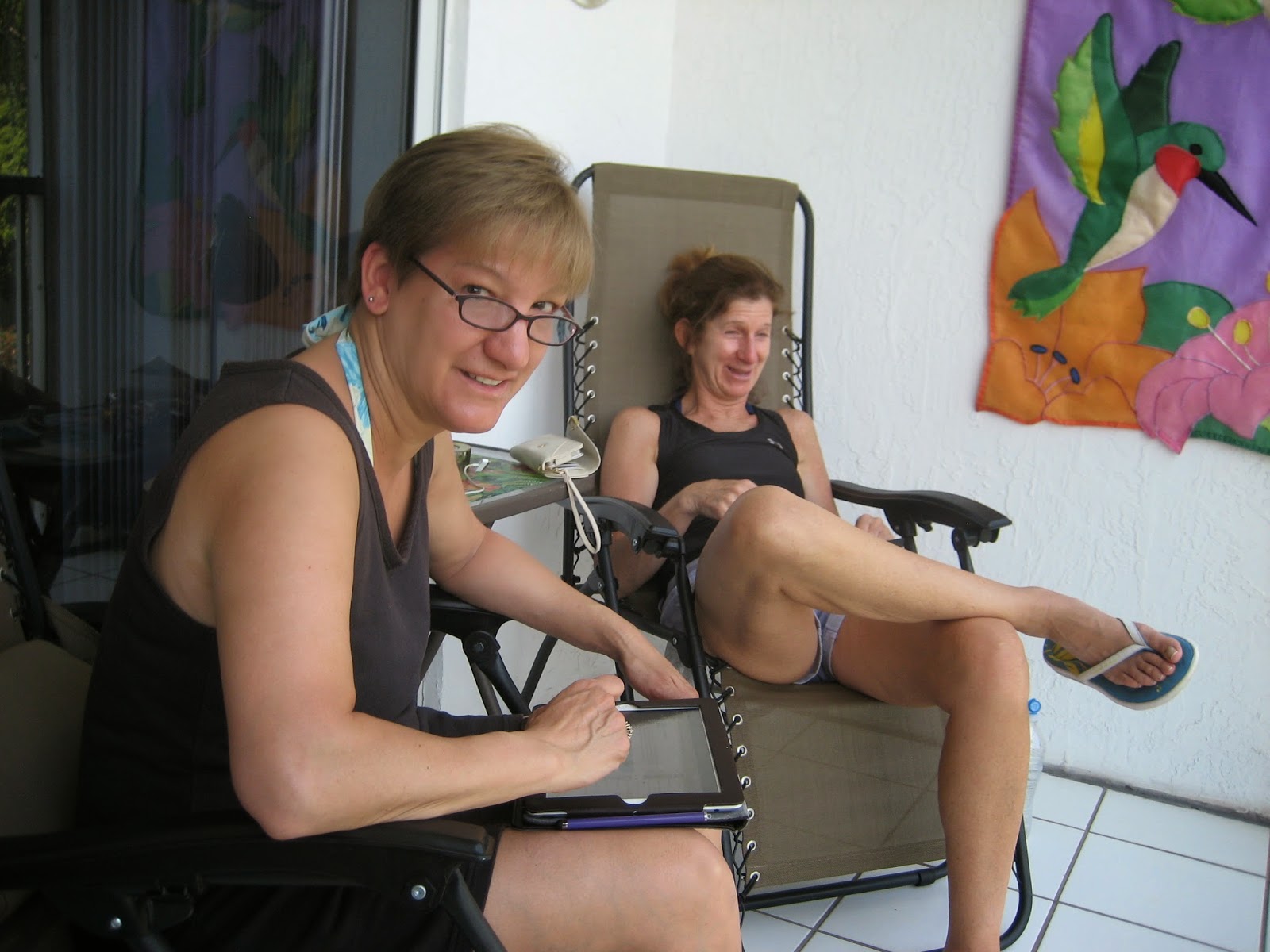By learning the intricacies and messages of the natural places that surround us, we learn how we fit into the landscape, ecology, and culture of a place. We learn where our home is and we learn how to find that home again after a departure. We learn to reinhabit a life-place.
Reading this thesis on a rainy day presented a problem. I wanted to get outside and revisit the places that resonate within me, the places that held meaning when I was young and might impart some wisdom to me now. I still live within a mile or two of the place where I grew up, and it seems that makes me a rarity. Although I know some folks around here who are "natives" as well, most of my friends now are people who moved here from other places. And so the premise behind Jenna's study takes on a different perspective. Where is home? Where is your life-place? Can you revisit it? Can you reinhabit it? Is preserving it in memory enough?
I always believed that I was fortunate to grow up in a small town. I am not a city person, and I do not think I could ever be happy living in an urban environment. That's just me. I know many people who would say the opposite. But that begs the question: are we born into the right place? Or do we have to find it?
I know that my life-place is here. As much as I enjoy traveling (and I probably do it more than most), I am always grateful to return home. Of course, my actual house is part of that comfort, but it is also in the winding roads and the farmlands along the side of them. It is in the rivers and streams and ridges and glens and waterfalls of my county. It is in the cornfields across the street and the woods behind my house. This is my life-place. And I am in love with it all over again.















